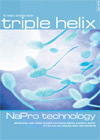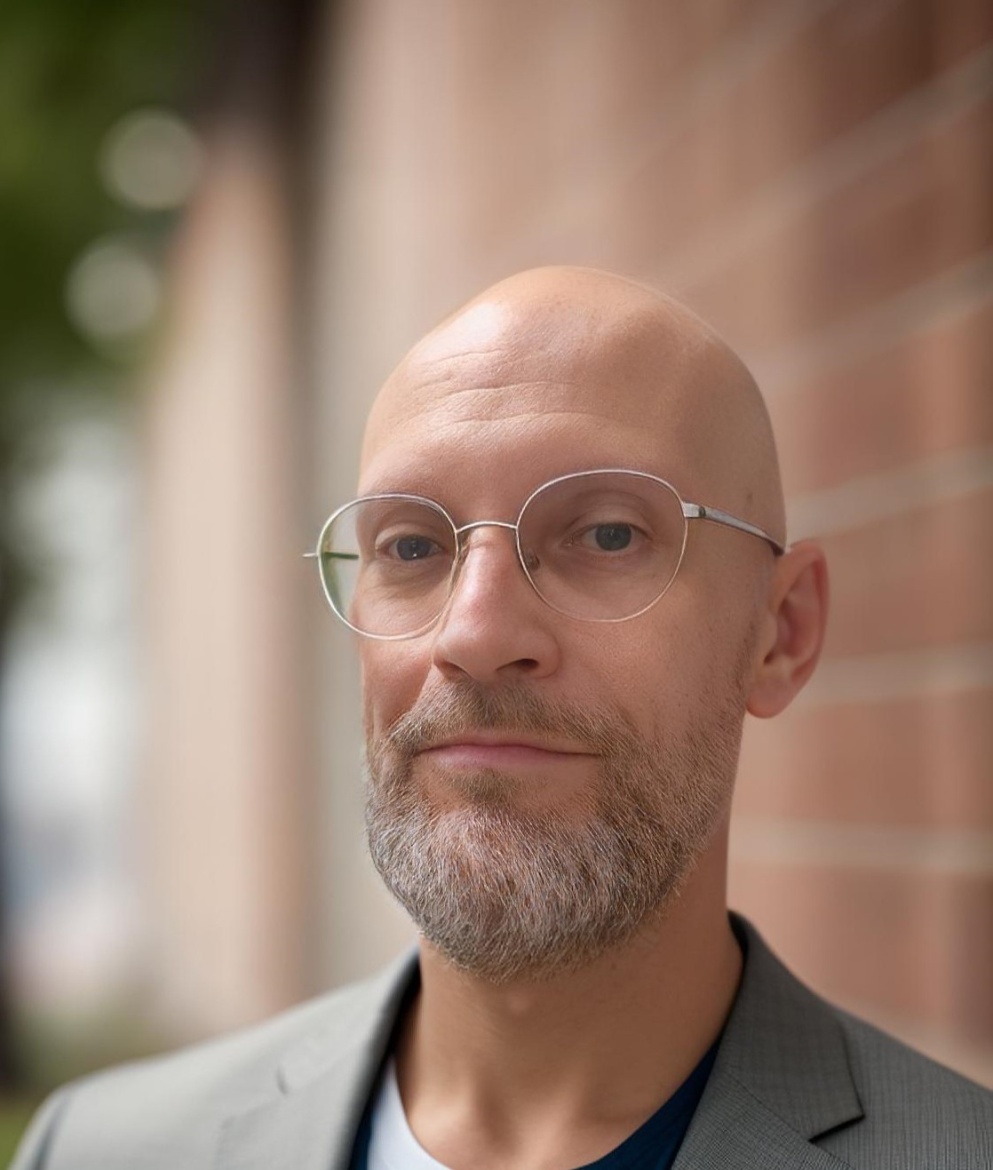A recent report suggests that worldwide, some 5% of all spending on healthcare (£850 million a year) is being lost through corruption.[1] This includes:
- Public health budgets being subverted by unethical officials for private use
- Hospitals functioning as self-service stores for illicit enrichment, with unclear procurement of equipment and supplies and ghost employees on the payroll
- Health workers demanding fees for services that should be free. For instance, in Bulgaria, as in much of Southeast Europe, doctors frequently accept small informal payments or gifts for medical treatment. This can be anything from between US $10 – $50 and in some cases can rise to US $1,100
- In the Philippines, a 10% increase in the extortion of bribes by medical personnel was shown to reduce the rate of child immunisation by up to 20%
- In Costa Rica, nearly 20% of a US $40 million international loan for health equipment wandered into private pockets
Furthermore, aggressive marketing techniques used by pharmaceutical companies to 'buy' physicians' support for specific drugs, leads to a high rate of prescriptions that are not always based on patient need. This outlay in marketing direct to doctors (£7,360 a year per doctor in 2005) adds c$20bn a year to pharma budgets, the costs of which are reflected in higher drug prices for 'brand name'medicines versus their generic counterparts.[2] This also helps price many of the world's poor out of the market for essential medicines.'Poor families face the agonising choice of food or medicine. Feed your child or cure his illness, but not both? No parent should face that awful choice.'[3]
The effects of medical corruption are felt in other ways.'Corruption in health care costs more than money. When an infant dies during an operation because an adrenaline injection to restart her heart was actually just water – how do you put a price on that?'said Huguette Label, Chair of Transparency International who published the report. 'The price of corruption in health care is paid in human suffering.'[4]
Even in the response to disasters, there is corruption. The Global Corruption Report 2006 also presents troubling evidence of financial irregularities in post-tsunami relief operations last year. Duplications and misappropriation of funds and resources directed at the survivors of this and other major disasters is of grave concern.[5]
Medical corruption is undermining progress towards the United Nations' Millennium Development Goals, in particular the three related directly to health (reduced child mortality by two-thirds; improved maternal health (reducing mortality by 75%); and the fight against HIV/AIDS and other communicable diseases).[6] With the target date for achieving the goals just nine years away, the global community is already way off target to meet these goals [7] – and corruption is slowly emerging as one of the primary causes. More money than ever may be coming from Western governments and international bodies like the Global Fund to address the health needs of the poor, but much of it is getting lost in a maze of corruption before it ever reaches those it is intended to help.
The Hippocratic oath enjoins doctors to 'come for the benefit of the sick, remaining free of all intentional injustice', and Scripture enjoins us as God's people again and again to be honest, fair and just in our dealings with one another, and especially with the poor.[8] In standing up for justice in international healthcare, we need to stand up to this kind of corrupt practice. And sadly, even Christian institutions are guilty of it. I have anecdotal reports from elective students, missionary doctors and mission agencies indicating that even in some mission hospitals this kind of corruption goes on. How can we speak out about this kind of injustice unless our own house is in order?
How can this be tackled? Transparency International makes some specific recommendations including:
- Donor and recipient governments making all health budget and policy information open to public scrutiny
- Adopting and enforcing codes of conduct for health workers and private sector companies
- Incorporating conflict-of-interest rules in drug regulation and physician licensing procedures
- Public health policies and projects should be independently and publicly monitored
- Procurement processes should be competitive and transparent
- Rigorous prosecution will send the message that corruption in health care will not be tolerated
But greater transparency and accountability at the national and institutional level must be met with greater honesty and integrity at the individual, professional level, and regulations are not enough to ensure that this happens. Ethical standards need to be integral to medical training throughout the world. Good leadership, care and respect for staff, adequate pay, and above all in Christian hospitals, a strong emphasis on biblical integrity, are all essential. Unless the attitudes and practices of individual doctors and administrators are so transformed, we will see millions left in poverty, ill health and facing an untimely death from all too preventable causes.
Tackling global health problems is an issue of justice as much as it is one of charity and medical intervention. God's people need to make a stand and lead the way in showing how medical corruption can be eliminated.
































